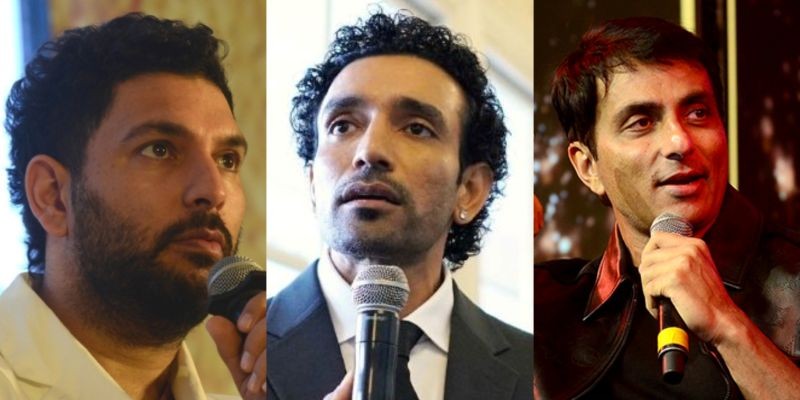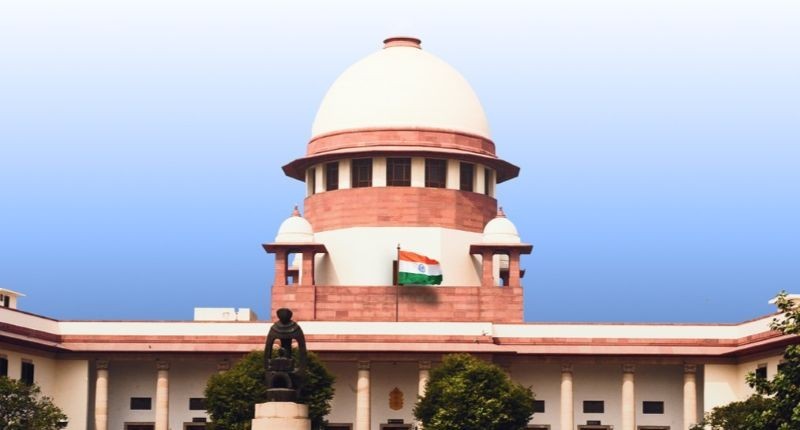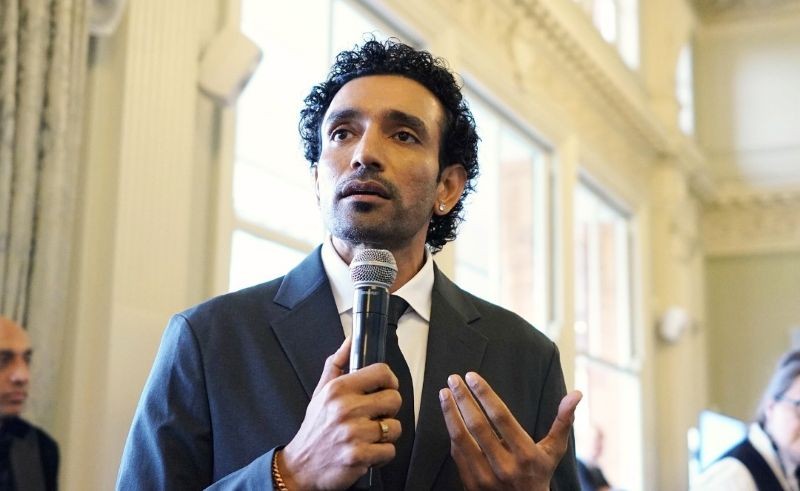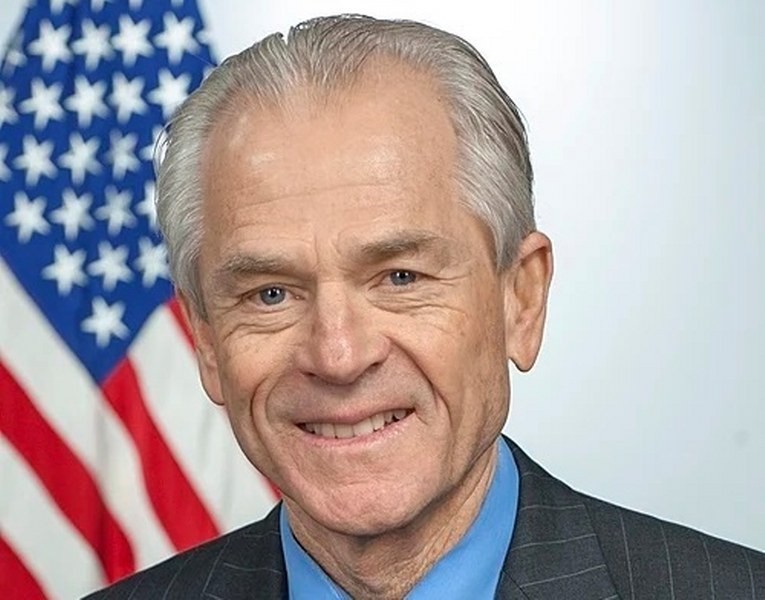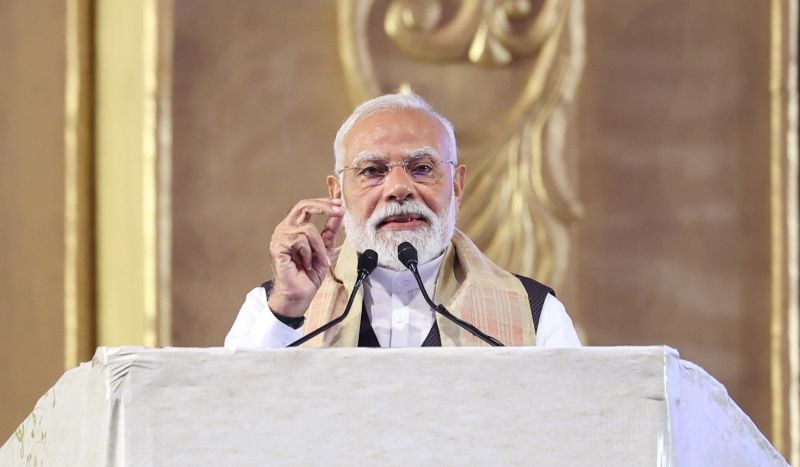IMA flags unpaid hospital claims, complicated procedures in Aysuhman Bharat as Centre updates parliament on progress
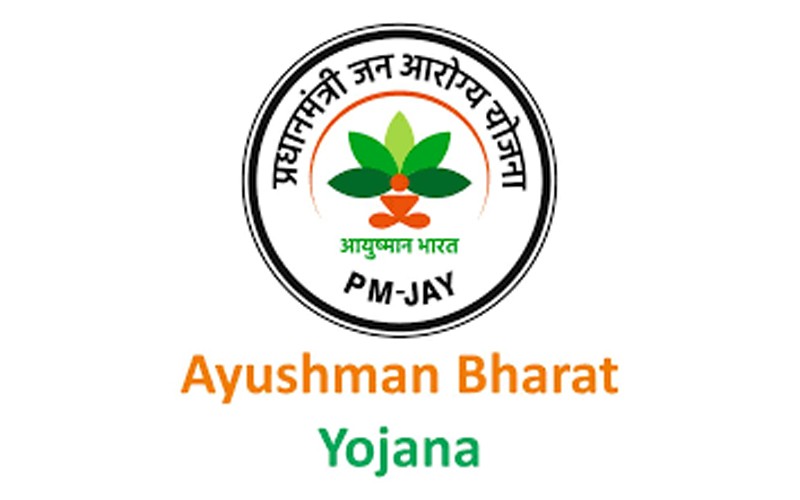
New Delhi: The Indian Medical Association (IMA) has raised serious concerns over the functioning of the Ayushman Bharat Pradhan Mantri Jan Arogya Yojana (AB PM-JAY), shortly after the government informed Parliament that more than ₹1.40 lakh crore had been disbursed under the scheme, according to media reports.
The flagship health programme, aimed at offering universal healthcare, has seen over 9.84 crore hospital admissions approved so far, the government told the Rajya Sabha on Friday.
It provides cashless hospitalisation of up to ₹5 lakh annually to around 55 crore beneficiaries — nearly 40% of India’s population.
More than 41 crore Ayushman cards have been issued under the scheme, with Uttar Pradesh accounting for the highest at 5.33 crore, followed by Madhya Pradesh, Bihar and Odisha. Lakshadweep has issued the fewest — just over 36,000.
The scheme is operational through over 31,000 hospitals, including more than 14,000 private facilities, with state-specific flexibility allowed under Trust, Insurance or Hybrid models.
However, the IMA’s recent white paper to the National Health Authority (NHA) paints a more complex picture, according to an NDTV report.
While acknowledging the scale of the programme, the doctors’ body pointed to persistent issues such as delayed payments, low reimbursement rates, and cumbersome claim processes, which it said were straining hospital finances — particularly in the private sector.
In Gujarat alone, claims worth ₹300 crore from 2021 to 2023 remain unpaid, with only 5% settled within the mandated 15-day windo. In Kerala, dues of around ₹400 crore are pending, while nationally, over ₹1.21 lakh crore worth of claims — covering 64 lakh cases — are still unsettled, according to an RTI filed by Ajay Basudev Bose, the report said.
The IMA also flagged that package rates are often too low to cover the actual cost of treatment, especially for complex procedures in tertiary care centres.
“IMA should be invited while deciding rates, packages and we should ensure timely payments, ease of claims and simplified procedures,” said Dr Dilip Bhanushali, IMA’s national president, in an interview to NDTV.
Due to uniform pricing and operational bottlenecks, high-quality hospitals remain reluctant to participate — only 67 of Delhi’s 1,000-plus private hospitals are currently empanelled.
Frequent rejections due to technicalities further add to revenue pressures, the IMA said.
Sure. Here's the bullet section rewritten in paragraph form:
Among its key recommendations, the IMA has proposed automating payments and introducing real-time claim tracking systems to enhance transparency.
It also called for periodic revisions of reimbursement rates to better reflect actual treatment costs.
To reduce administrative burden, the IMA suggested simplifying documentation processes and offering round-the-clock digital support through channels like WhatsApp and SMS.
Additionally, it recommended setting up grievance redressal mechanisms at district, state, and national levels.
To encourage wider participation, the IMA urged financial incentives and faster claim processing for accredited and rural hospitals.
It also advocated a shift toward direct benefit transfers via fintech platforms to bypass third-party intermediaries, along with policy measures to promote fair competition and curb perceived payor biases.
Union Health Minister Prataprao Jadhav acknowledged in the Rajya Sabha that there were “challenges in implementation” and said states should fine-tune their models to enhance efficiency.
The IMA’s white paper has been submitted to the Rajya Sabha’s Standing Committee on Health and is currently awaiting a formal response from the NHA.
Healthcare professionals have cautioned that without timely reforms, the scheme’s objective of delivering accessible and quality care to India’s poorest may face growing strain.

